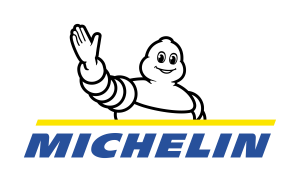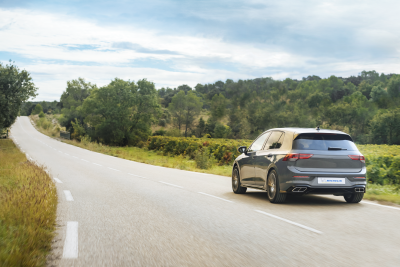

As global supply chain shortages continue to squeeze the market, stretching the life of an existing vehicle has never been more important.
October 5, Greenville, SC — The average length of time U.S. car owners keep their vehicles is 12 years – and it’s a trend that is on the rise. Due to ongoing supply chain issues, especially shortages in semiconductors that aren’t likely to be resolved for another year, availability of new cars is shockingly low. According to data released by Cox Automotive, new car inventory at the end of July was 1.07 million vehicles vs. 3.69 million at the end of July 2019. This is more than a 70% a decrease in the availability of new vehicles in the last few years.
“The reality is that you may need to keep your current car longer than expected. In today’s market conditions, you may even find that the value of your vehicle is going up. Give it the care it deserves to extend its life and ensure your journeys are safe and efficient for as long as you have it,” said Russell Shepherd, Technical Communications Director for Michelin North America. “October, which is also National Fall Car Care Month, is the perfect time to take some basic steps for keeping your car in tip-top shape and ready for the winter ahead.”
To help stretch Americans’ investments in their current vehicles, Shepherd, on behalf of Michelin North America recommends the following must-do maintenance tips:
• Check the Battery. As the weather gets colder, your battery capacity will decrease. Before the winter months, visit a mechanic to make sure it is working at peak performance. You can also get a free battery check at many auto parts stores.
• Maintain Your Tires. Are your tires properly inflated? Not only are underinflated tires a safety hazard, but they also decrease fuel efficiency and lower tire life expectancy. Shepherd recommends that tires be checked at least once a month and warns drivers against relying on the Tire Pressure Monitoring System (TPMS). By the time that light comes on, your tires could potentially be underinflated by 25%. At this level, it can dramatically increase the risk of tire failure. Don’t forget to check the tread, too, which is simple to do with the Penny Test. “If you find yourself in the market for new tires, shop for your needs and remember all tires are not created equal. The new Michelin Defender 2, for example, has been designed to deliver an additional two years of tread life compared to leading competitors[1], making it a great option for anyone looking to maximize longevity,” explains Shepherd.
• Don’t Ignore the Engine Light. When this dashboard light comes on, it’s time to take action – even if your car seems to be running smoothly. Check it out before a small problem becomes a big and expensive one. You can avoid many common issues through routine maintenance, such as regularly replacing air filters and following the recommended oil change schedule. According to the U.S. Department of Energy, tuning a neglected vehicle could increase fuel efficiency by up to 4% on average, based on the repair type and quality.
• Watch Your Wipers. Impaired vision while driving is a safety hazard, and it’s a problem that can emerge quickly during a sudden heavy rainstorm if your wipers are worn. Regularly check – and if needed, replace – your headlights and brake lights, too.
• Wash and Wax: A thorough wash and wax will help your older car look newer longer, and it’s especially important heading into wintertime. Driving can cause buildup of road grime and debris, and that can affect your car’s paint and finish. If not managed properly, it can lead to rust and other serious problems. Plus, a clean car stretches that pride of ownership.
“While you may be ready for a new car, there may not be one ready for you. In the meantime, by keeping your existing vehicle pristine, you’ll have a better driving experience and bolster your trade-in value should the perfect new car become available,” said Shepherd.
[1] Based on U.S. Department of Transportation Average Annual Miles per driver (13,500 miles) and Desrosiers Automotive Consultants estimate of annual average kilometers driven in Canada (23,000 km), and on a treadwear test using tires in size 225/65R17 on 2021 Toyota RAV4s where the MICHELIN® Defender®2 showed an estimated life (based on calculating the most-worn groove of a rotated set) of 94,400 miles versus the Bridgestone® Alenza® AS Ultra at 47,700 miles and the Continental® TrueContact™ Tour at 59,400 miles and the Goodyear® Assurance® MaxLife™ at 51,900 miles. Actual on-road results may vary.
Contact Information:
Name: Christian Fisher
Email: [email protected]
Job Title: Consumer Public Relations Manager – Michelin North America
